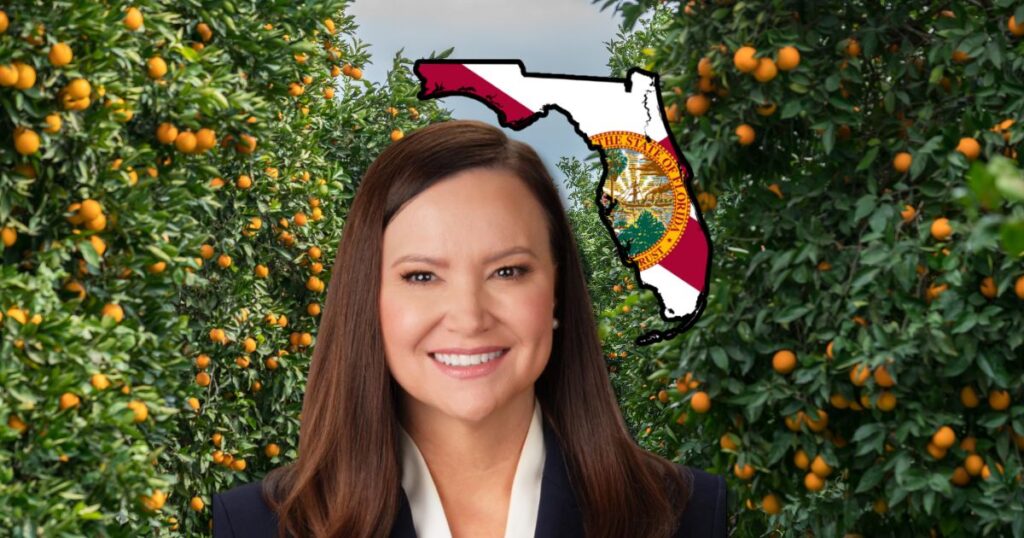The US Food and Drug Administration (FDA) has proposed rules to lower the sugar content required for pasteurized orange juice. The change is expected to help Florida citrus growers struggling with reduced yields due to illness or extreme weather.
The proposed rule reduces the minimum brix level (a measure of soluble sugar content) from unconcentrated orange juice from 10.5% to 10%. Advocates of change, including US Senator Ashley Moody, have argued that the adjustment does not affect the taste or nutritional value of the juice, but gives growers the flexibility to face industry challenges.
The FDA’s move coincides with Senator Moody’s provisions in the “Domestic Orange Juice Production Act” that he introduced in April. The law seeks to update what she describes as an “arbitrary” and outdated standard as putting American citrus growers at a disadvantage compared to foreign producers.
“In our previous statement, we have committed to Florida orange producers to do everything possible to modernize standards and streamline regulations to protect the industry,” Moody said. “Our growers have faced many challenges in recent years, from catastrophic storms to citrus greening, and they can no longer withstand unnecessary and burdensome regulations that support foreign growers.”

Moody attributes the proposed rules to months of defending cooperation with federal officials, including FDA Commissioners Marty McCurry, Robert F. Kennedy Jr., Agriculture Secretary Brook Rollins and President Donald Trump, as well as FDA committee members Marty McCurry, Robert F. Kennedy Jr. and President Donald Trump.
If rules are finalized, it is hoped that Florida growers will help them properly address production challenges, compete in the market and reduce their dependence on imported citrus fruits. The proposal will enter a 90-day public comment period before a final decision is made.



